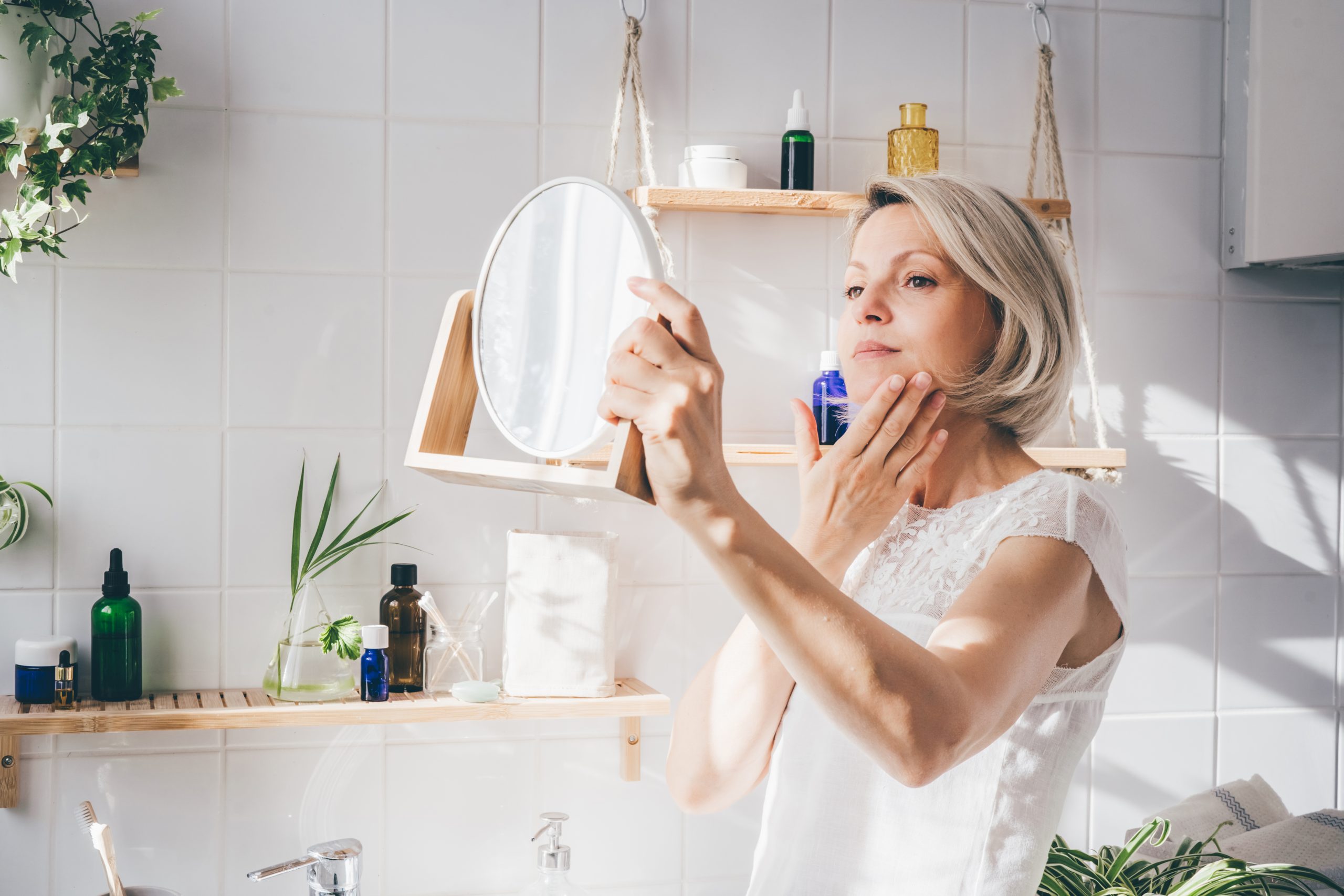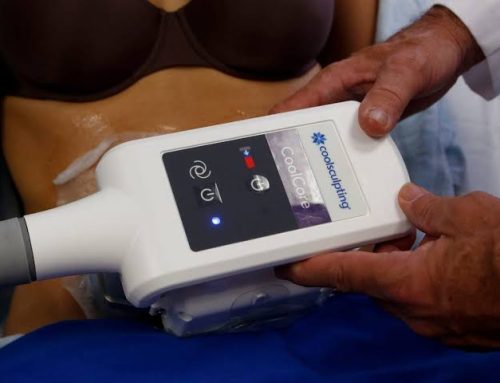Introduction
Depression is a complex condition affecting billions, with varying degrees of intensity and triggers. In the quest for relief, some turn to cosmetic surgery to address their appearance-related insecurities. The impact of cosmetic surgery on depression is a topic of interest, offering both positive and negative perspectives on how it can affect mental health.
Is plastic surgery good for self-esteem?
Plastic surgery is often celebrated for its potential to boost self-esteem and self-confidence by addressing physical imperfections. These procedures are tailored to the unique needs of each patient, aiming to enhance their self-perception and body image. The logical assumption is that improved self-esteem should lead to a reduction in depressive tendencies.
Studies conducted over the years suggest a connection between cosmetic surgery and reduced reliance on prescription anti-depressants. For instance, a 2006 study conducted by the American Society of Plastic Surgeons revealed a high correlation between plastic surgery and a decrease in the use of antidepressant medications. Notably, 31% of patients who underwent plastic surgery and were initially on antidepressants ceased their medication within six months. Dr. Bruce Freedman, the author of the study, cautiously noted that correlation does not imply causation but suggested that plastic surgery might play a role in mitigating depression in some patients.

Is depression a side effect of surgery?
While plastic surgery aims to enhance appearance and self-esteem, concerns about depression should not be entirely dismissed. Post-operative depression is a relatively common phenomenon and can be attributed to temporary factors inherent to the recovery process.
Post-operative depression may be triggered by various factors, including lingering effects of general anesthesia, which can leave patients feeling groggy and lethargic for weeks. Physical restrictions, such as bed rest, can also have a detrimental effect on a patient’s mental health. Prolonged periods of inactivity and physical trauma can lead to feelings of helplessness and irritability, causing discomfort.

Conclusion
Plastic surgery has been associated with improved self-esteem, with some studies suggesting a significant boost in self-perception. It may also contribute to a decreased need for antidepressant medications. It is crucial to acknowledge, however, that the positive outcomes of cosmetic surgery are generally permanent, while the negative effects of post-operative depression are temporary and manageable with the right support network.
In conclusion, the relationship between plastic surgery and depression is complex. While these procedures have the potential to enhance self-esteem and improve self-image, it is essential to consider the temporary emotional challenges that can accompany the post-operative recovery period. Plastic surgery is a personal choice, and individuals should weigh the pros and cons carefully, taking into account the potential mental health implications. Ultimately, the decision to undergo cosmetic surgery should be made after thorough research, consultation with medical professionals, and an honest evaluation of one’s motivations and expectations.
Disclaimer: The content on this blog is intended for general informational purposes only. It is not a substitute for professional medical advice, diagnosis, or treatment. Always consult qualified healthcare providers for personalized advice. Information regarding plastic surgery, dental treatment, hair transplant, and other medical procedures is educational and not a guarantee of results. We do not assume liability for actions taken based on blog content. Medical knowledge evolves; verify information and consult professionals. External links do not imply endorsement. By using this blog, you agree to these terms.










